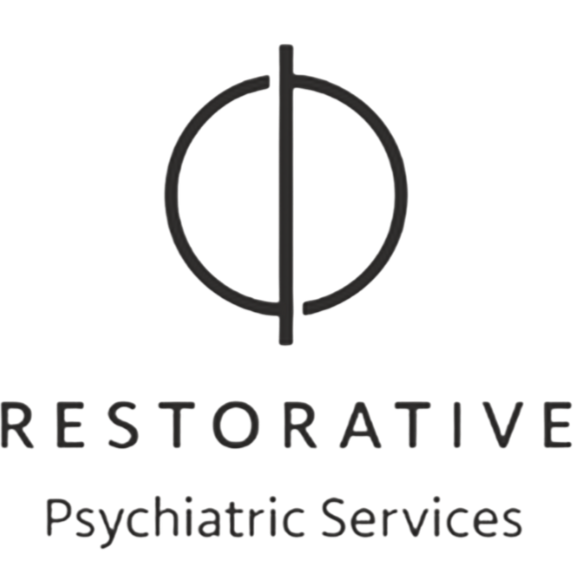Obsessive-Compulsive Disorder (OCD)
A mental health condition characterized by a cycle of obsessions (unwanted, intrusive thoughts, images, or urges) and compulsions (repetitive behaviors or mental acts performed to reduce anxiety or prevent something bad from happening).
OCD is more than being “neat” or liking things organized—it involves significant distress, takes up a lot of time, and interferes with daily life. People with OCD often recognize that their thoughts or behaviors are irrational, but feel unable to control them.
Common Symptoms
Obsessions (intrusive thoughts or urges that cause anxiety):
Fear of contamination (germs, dirt, chemicals)
Unwanted aggressive, sexual, or blasphemous thoughts
Fear of harming oneself or others, even unintentionally
Needing things to be “just right” or symmetrical
Intense doubts or fears of making a mistake
Compulsions (repetitive actions or rituals performed to relieve distress):
Excessive handwashing or cleaning
Repeatedly checking (doors, stoves, locks)
Counting, tapping, or repeating words silently
Arranging items until they feel “just right”
Seeking reassurance from others over and over
To be diagnosed, obsessions and/or compulsions must be time-consuming (often more than an hour a day) or cause significant distress or impairment.
OCD Treatment Options
OCD is highly treatable, though it often requires specialized approaches. Most people benefit from a combination of therapy, medication, and lifestyle support.
Therapy
Cognitive Behavioral Therapy (CBT) with Exposure and Response Prevention (ERP): The gold-standard treatment. ERP involves gradually confronting feared situations (exposure) while resisting the urge to perform compulsions (response prevention).
Family therapy may also be useful, especially if family members are unintentionally reinforcing compulsive behaviors.
Medication
Selective Serotonin Reuptake Inhibitors (SSRIs) (like fluoxetine, fluvoxamine, or sertraline) are often prescribed at higher doses than for depression or anxiety.
Clomipramine, a tricyclic antidepressant, may be effective for some people.
In treatment-resistant cases, other medications (such as antipsychotic augmentation) may be considered under psychiatric care.
Lifestyle & Support Strategies
Education about OCD reduces shame and helps individuals and families understand the disorder.
Mindfulness practices can help people observe intrusive thoughts without reacting to them.
Peer support groups offer connection and encouragement.
Stress management (sleep, exercise, healthy routines) can reduce symptom intensity.

